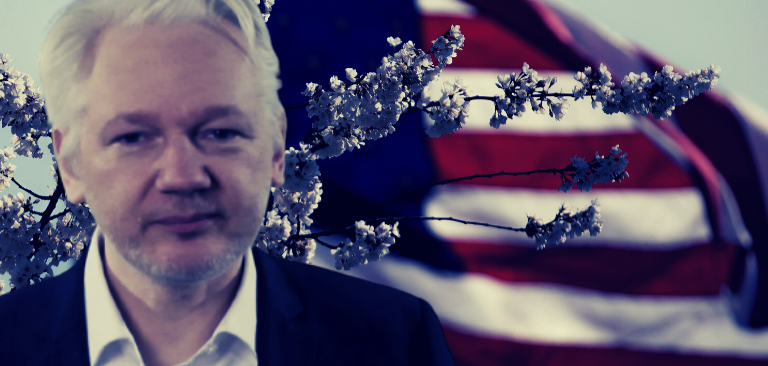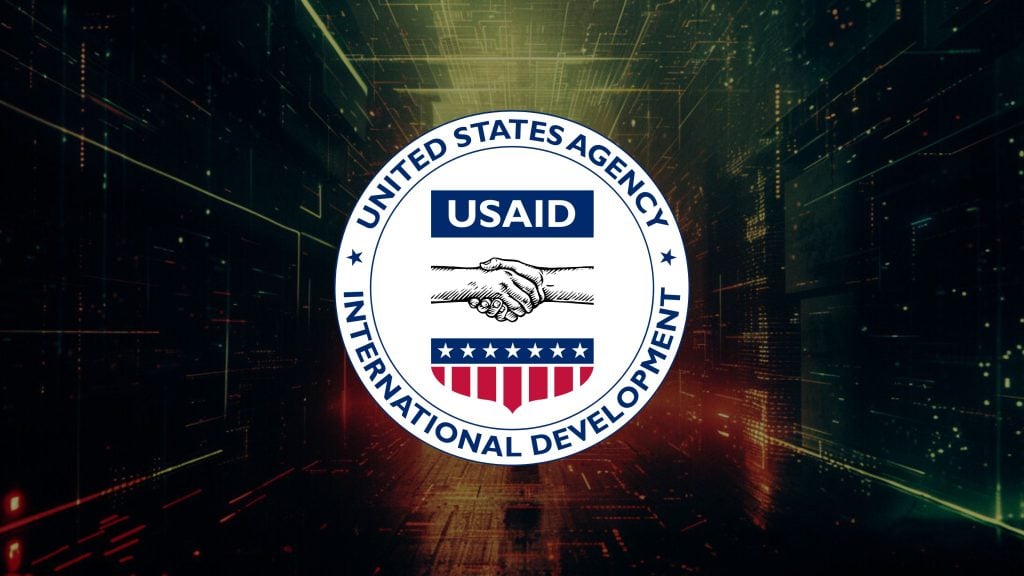A latest finding by Project Veritas has been making the rounds as a call recording between WikiLeaks’ Julian Assange and Hillary Clinton’s State Department lawyer Cliff John has been obtained. The call makes it apparent that Julian Assange had consciously tried to the best of his ability to curtail the damage that was caused by the US Embassy cables that were released, the opposite of what is presented in the narrative by US officials.
The audio recording, dating to a phone call made on August 26, 2011, makes it clear that WikiLeaks had actually re-published the cables only after they were already available on torrent sites, social media networks such as Twitter, and several other websites. What’s more, all the cables were first published by Cryptome.org and The Pirate Bay several days prior to getting published by WikiLeaks. Therefore, WikiLeaks only republished them after they were widely available.
It also becomes clear that Assange had gotten in touch with third parties on the internet in attempts to stop them from publishing information or running stories on the unredacted cables.
Assange even tried to obtain an injunction on Daniel Domscheit-Berg, a former employee who was fired a year earlier, and a German publication. But he couldn’t successfully obtain one as the cables belonged to the United States and so his German lawyers told him that he had no standing.
It is worth noting that the password of these unredacted files was brought to public light by individuals such as Luke Harding in the book about WikiLeaks. Harding is a journalist for The Guardian. The password, once made public, was further spread by the likes of Daniel Domscheit-Berg.
While all this was happening and the password to the unredacted cables was spreading online, Assange reached out to the State Department with an intention to do damage control and even gave them a head’s up about how they could quash the whole thing, not one, but six days ahead of the full-scale public access to the cables.
During the call, the State Department lawyer had also asked Assange if WikiLeaks was taking any measures to control the spread of information about the US Embassy cables. Assange assured them that WikiLeaks was trying on its end and that the US government had to intervene to get a grip over the situation.
Assange even asked to meet any individual from the US embassy as he was on house arrest and couldn’t reach London. He was planning on sharing information about the file location and password as he was apprehensive about divulging such sensitive information over an unsecured line. But the US State Department declined to even have someone meet him and collect the intel.
The reveal makes it exceedingly clear that Assange was very responsible from the start and published information in a manner that would have done the least harm to the people involved or affected by the leak.
Simply put, this revelation so far shows nothing but responsible journalism, even more so than was originally expected. At a juncture where Assange is being considered for presidential pardon by Donald Trump, news such as this would certainly help his image and increase his chances of being pardoned.
Listen to the full call here.






















